Research Report: 2020
▼ Choose a report:

Powered by Research & Graduate Studies
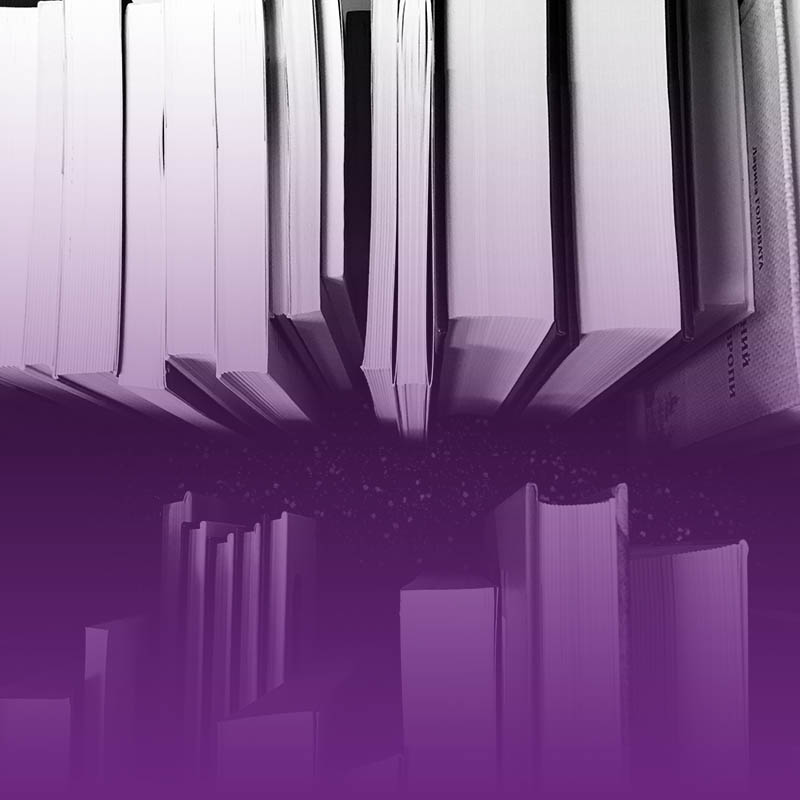
Powered by Arts and Social Science
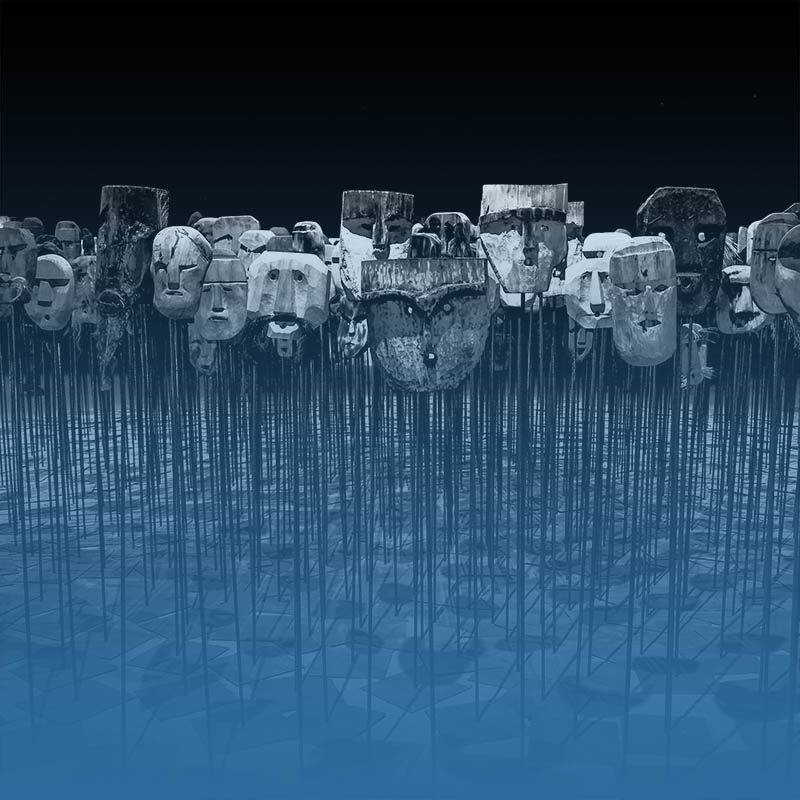
Powered by Fine Arts
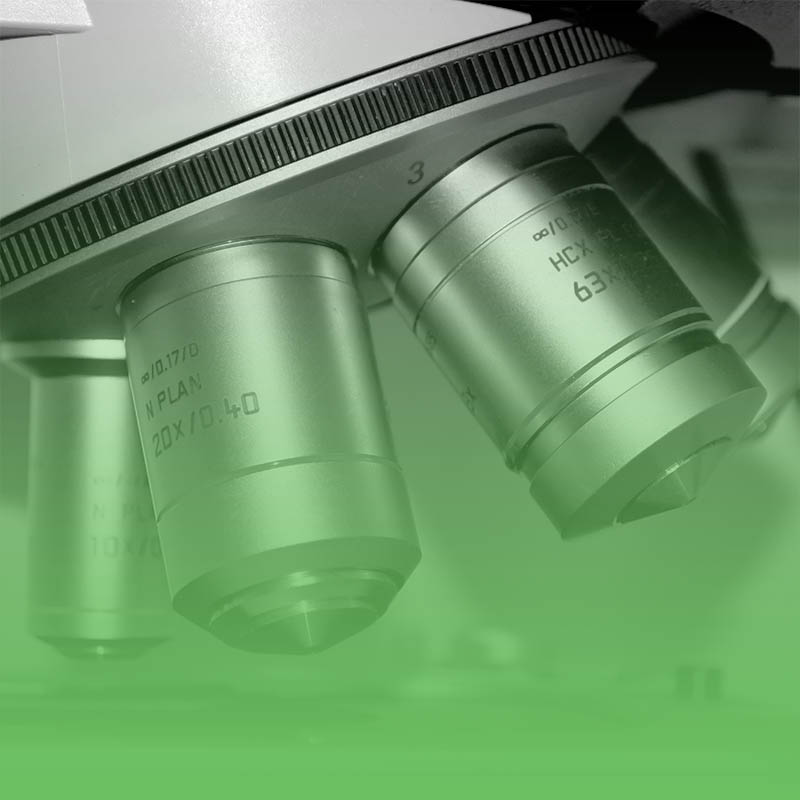
Powered by Science and the Environment
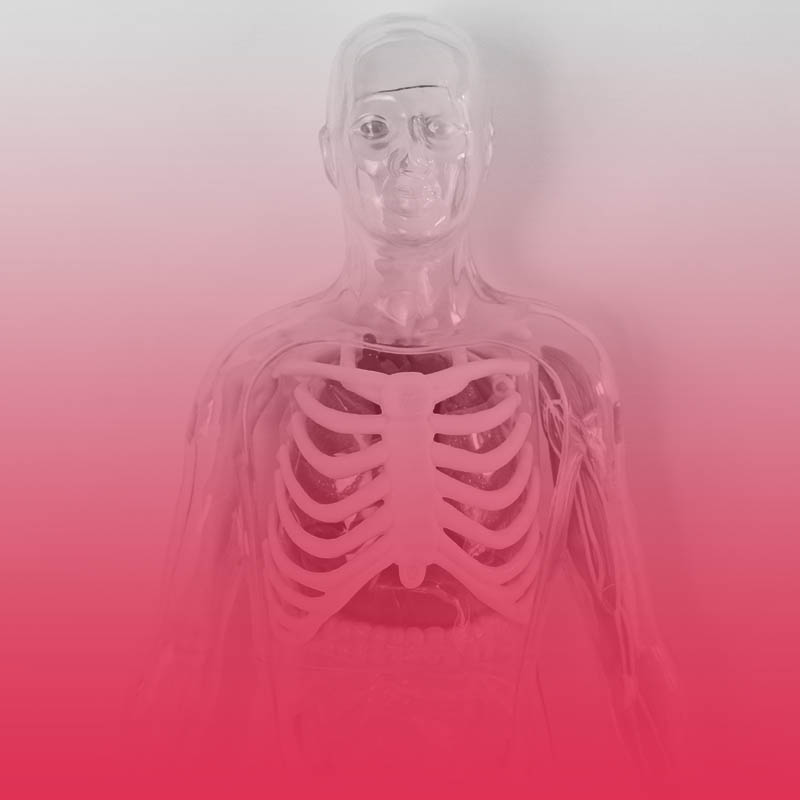
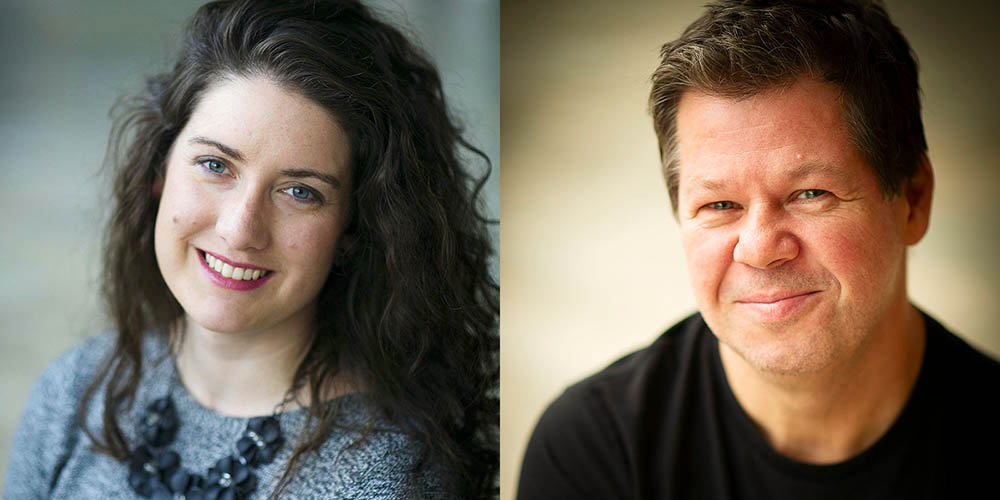
Laura Bradbury (technical director), and Louis McDonald (theatre technician)
When the pandemic hit in 2020, it changed the way the world approached communication and interaction. The theatre program at Grenfell Campus especially felt this shift. Laura Bradbury, technical director, and Louis McDonald, theatre technician, answered a few questions to share their experiences in moving Grenfell theatre productions online.
LB: Well, my initial thoughts changed each time this happened, since it happened on three separate occasions. But the very first time it happened, I set the bar very low in my own mind, in terms of what we could achieve. We decided that we would essentially hold a virtual reading on Zoom (which was quite new to all of us). We really weren't sure what the capacity of the platform was, and how we would be able to be innovative with it. We quickly discovered that we could get creative and use features to our advantage. By the time we produced our fifth virtual show, we were creating in a completely different space. It's safe to say we greatly surpassed our own expectations over the course of 12 months.
LM: I was concerned there would be too many technical hurdles involved in creating an acceptable quality of production. The cast was scattered across the country with varying degrees of internet access, speed and hardware.
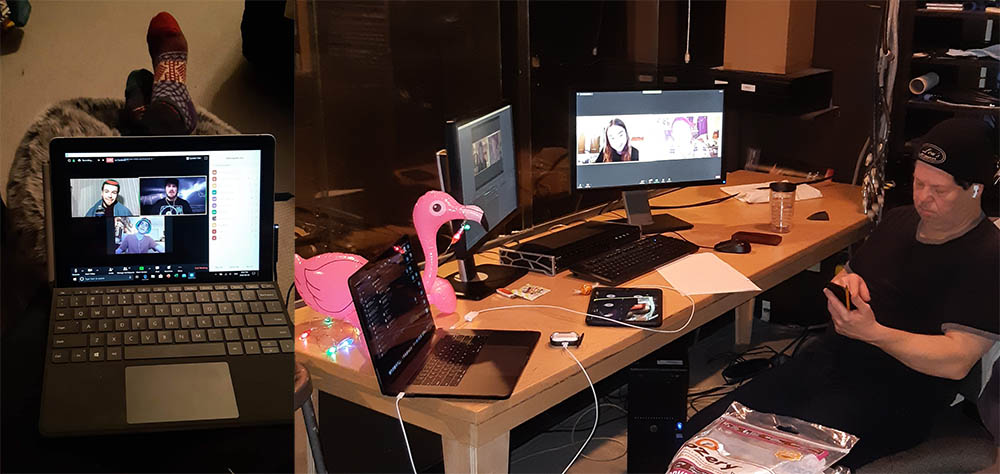
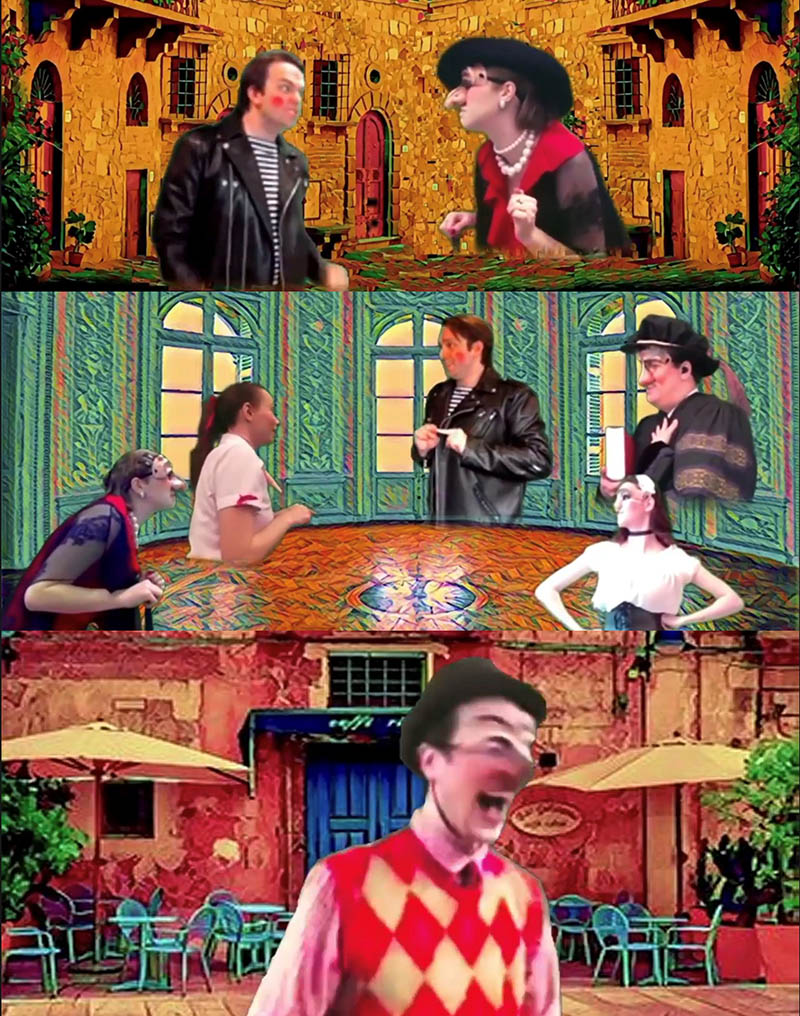
LB: The task of training ourselves on new technology in a medium we weren't skilled with, at a rate that allowed us to teach it to our students was daunting to say the least. The sheer volume of material we needed to absorb was overwhelming. Fortunately, I have an amazing team who rose to the challenge in ways I could never have imagined possible. A physiological challenge was finding ways to communicate in multiple virtual spaces simultaneously. I often found myself wearing two different sets of ear buds watching two or three separate screens. It was physically challenging and exhausting to listen to four different audio inputs at once, all just slightly out of sync with each other. We also lived in fear of losing communication with a member of the team once we were in show running mode.
LM: A separate but simultaneous stream of communication was required for crew and stage management to call cues and inform actors of standbys. One show required a third comm stream for a superimposed live chat. Creating "scenes" that allowed actors to remain in the stream but be unseen. Matching various qualities of computer cameras and microphones to create similar "looks and sounds." All of the design elements faced similar challenges.
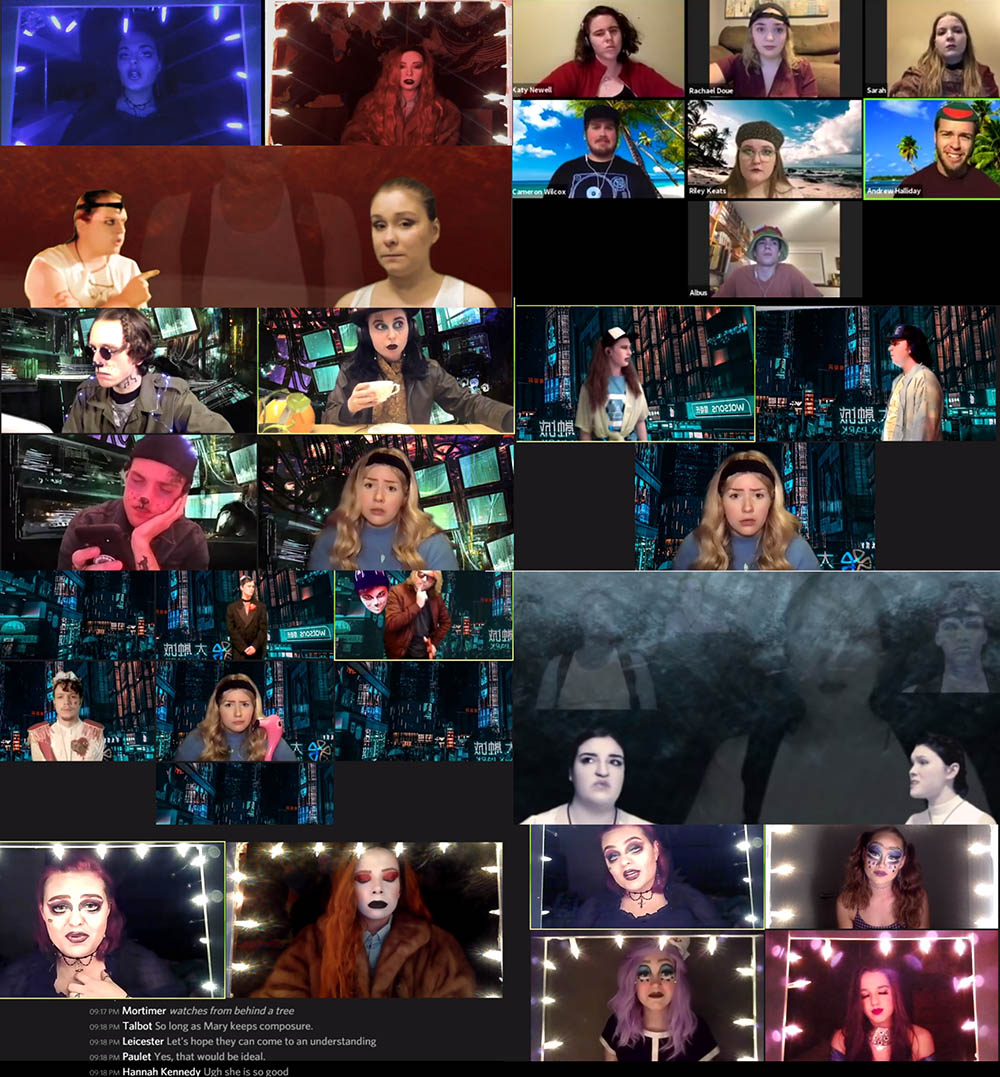
LB: We most heavily relied on Zoom, OBS (Open Broadcaster Software), and Microsoft Teams. To actually pull off a performance we also added Facebook Messenger, Discord and Facebook Live into the mix. Some of those programs provided our playing space and some provided lines of communication, while others provided the space for audience consumption. What was most energizing (and sometimes frustrating) was the rate at which some of these technologies were changing and adapting to these new needs within digital performance. It was exciting to find a new capability within the tech and then think of ways to apply it to what we were doing. For example, the ability to bring all the actors into one unified space, instead of having to see them within their own little Zoom boxes (or Hollywood Squares, as we started calling them). Even the ability to manipulate the order of the participant squares within Zoom was something that changed in the time since we started using it, and radically changed how we were able to build a scene.
LM: We were fortunate to have work computers optimized for media production. Much of the software used was freeware. Zoom and OBS were the main applications. OBS incorporates the use of video and audio plugins that allowed us to create "lighting" scenes and match audio levels. Eventually we learned how to manipulate each character in the zoom call separately and create moves similar to live theatre entrances and exits.
LB: The students were resilient. I know how exhausting and frustrating it was to try to create theatre this way. Theatre at its core is the representation of relationships to an audience, but how do you build relationships through a screen? How do you find ways to react to something you can't even see, because you have to be looking off to the doorway of your bedroom, so that you look like you're looking at your scene partner, but that means you can't actually see what they are doing? It was incredibly hard, and the energy they ultimately brought to their performances was amazing. It was equally hard on the tech students because they weren't getting the hands-on training and experience they would usually get. Or, they were thrust into positions that we as instructors barely understood, because it was new to us too. But I think everyone rose to the challenge.
LM: The students were resilient and quick to adapt. The actors dealt with a multitude of challenges that don't exist in live theatre but delivered fine performances. The TTP students had to acquire media skills beyond the scope of live theatre and performed admirably.
LB: While I'm glad to have a break from the digital platform, I am incredibly proud of the work we managed to produce. I think that by the time we got to the end of the Winter 2021 semester, we were just getting to a point where we understood the technology and what kind of capacity we could build with it, to really start to do interesting things with it. It was also amazing to be able to reach a wider audience. Live streaming to audiences all over the world was pretty special.
LM: At first, I was overwhelmed by the sheer amount of reading and learning required to transfer my skills to a digital medium. As I grew more confident and capable I began to enjoy the process. I feel the entire experience strengthened our work team despite the physical separation; I'm proud of what we accomplished despite the many compromises we were forced to make.